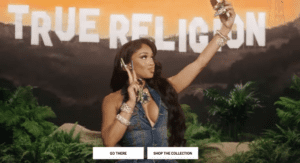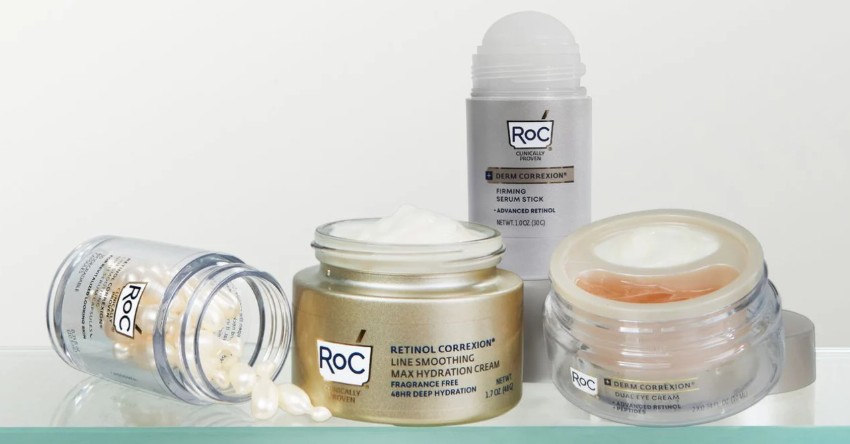I’m often asked by clients and peers to define the difference between brand experience, experiential marketing and event marketing.

It’s a good question, because there are no universally accepted definitions of these terms. And like all areas of marketing communications—particularly since the advent of digital, social and mobile as mediums—there will always be a lot of overlap and blurring at the edges in these and other marketing strategies.
This creates a dilemma for marketers when choosing an agency, as many agency types lay claim to creating brand experiences. But some types of experiences require a great deal of specific expertise to conceive and execute, and others require less.
That’s why it’s worth working to establish a common understanding of these tools, how and when they can be used effectively, and who might be best suited to engage for a given brand experience because the wrong choice can mean the difference between success and failure.
Brand Experience
There are a wide range of activities that take place in the physical and digital worlds that could accurately be described as brand experiences, including experiential stunts, corporate events, employee/consumer interactions in-store or via phone, or even the use of a brand’s app or site. That’s because each of these things offers a meaningful experience that can either increase or reduce a person’s brand affinity.
In a world of ever-expanding tactics, I find it simpler and more useful to define and describe brand experience—in all its forms—by what it delivers rather than by the shape the activity takes.
Specifically, if advertising (in all media channels) is intended to create awareness of a brand promise, successful brand experiences deliver proof of a brand’s promise or the benefits of a product or service. Meaning, effective brand experiences are designed to create specific, valuable interactions between brands and/or products and services and the people that matter most to them.
Done well, these interactions result in deeper emotional connections and greater brand affinity. Done poorly, they can have the opposite effect.
For the purposes of this discussion, I’ll focus on the broader categories of events and experiential activations.
Events
We define events as brand experiences that are targeted toward specific audiences. These can include meetings, trade shows and conferences for participants (often invited) with common interests that determine the theme and content of the event.
Examples might include an internal meeting for the sales team of a multi-national insurance company, an annual user conference sponsored by a global software company, or even the CES trade show.
Why do marketers and organizations run, sponsor or activate at events? There are many reasons, but these are the most common and important ones:
• To educate the participants about a topic or product(s)
• To provide networking opportunities for the participants and the brand
• To align and inspire the participants behind a new strategy, initiative or product
Most events offer prolonged interaction with a brand, its people, products and/or services. As such, they are a valuable tool to build brand affinity by deepening people’s exposure to—and relationship with—the brand.
Who to hire? An agency with proven meeting and event experience. These types of experiences require a great deal of specific expertise, particularly on the production side. Most agencies with meaningful event experience have a vast amount of pertinent information at their fingertips: venue specs for hundreds of venues (sometimes on every continent, for example), along with union contacts, working knowledge of local regulations and permitting requirements, etc.
Experiential Activations
We think of experiential activations as more consumer-oriented experiences, often promotional in nature and geared toward more general audiences. Examples would include branded stunts like Contours’s “Baby Stroller Test Ride” in downtown Chicago or Google Play’s “Music Block” at the Panorama Music Festival in NYC.
Why do marketers do experiential activations? Again, there are many reasons, but these are key:
• To create physical and emotional engagement with a brand or product
• To associate the product with the equity of another brand (sports or music sponsorships)
• To gain earned media through social and press mentions
• To create an opportunity to grow relationships with participants beyond the physical experience through digital interactions
Like events, experiential activations—often integrated with digital activations—offer prolonged, meaningful interactions with a brand that can help build brand affinity. And, also like events and other brand experiences, the quality of the experience itself will determine the amount of engagement, earned media or brand affinity it produces.
Who to hire? It depends. Ad agencies can do this work, particularly if they have experiential producers on staff, or a relationship with an experiential partner who can ensure that all contingencies are accounted for.
Assuming that you have 100% confidence in the ability of the agency or partner agencies to produce the event, go with the agency with the best idea and the most credible path to achieving your business objectives.
Extraordinary Experiences
Regardless of the agency you choose, for marketers and brands to get the most value from brand experiences, those experiences must be truly extraordinary. Meaning, they must offer something that is memorable and outside of the range of normal experience. Why? Because brands are built on physical and mental availability, and mental availability is built on memory.
As such, we often encourage our clients to offer people bold experiences—of all types—that are simple, novel and emotionally engaging. We find that those types of extraordinary experiences are much more memorable, and help deliver better return on their investments.
Delivering Proof on Promise
It can be useful to think of brand experience as an umbrella term that describes a subset of activities that include events, meetings, tradeshows, experiential activations, stunts, mobile applications and other meaningful interactions with brands and products.
These activities are distinct from traditional advertising activities in that beyond creating awareness of a brand promise, these experiences are designed to deliver proof of a brand’s promise or the benefits of a product or service.
Done well, brand experience can build valuable and lasting relationships with—and affinity for—your brand. But they work much harder if they are truly extraordinary experiences. And when choosing a partner to help with your brand experiences, ask for proof of expertise in the area, not promises.
Bruce Henderson is chief creative officer at Jack Morton Worldwide.
Related articles:
Creating Brand Identity With Digital Transformation
JetBlue’s Marty St. George on Why the Brand Isn’t Just a Fad
This article first appeared in October 2016 and is updated regularly.

 Network
Network

